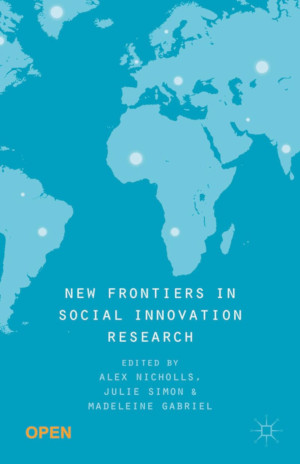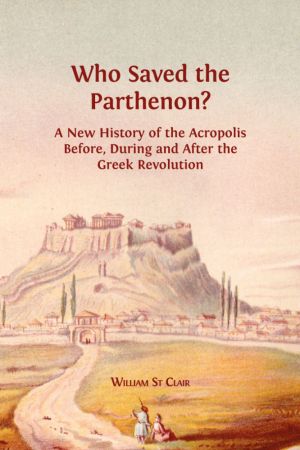Self-Assembled Molecules – New Kind of Protein Ligands
Supramolecular Ligands
by Irena Roterman, Leszek Konieczny
DescriptionDetailsHashtagsReport an issue







Book Description
The subject of this book relates to protein ligands with particular structural and complexation properties. They are composed of self-assembled molecules, capable of penetrating as a unit into proteins outside the binding site. The ribbon-like supramolecular system only permits the penetration of self-assembled molecules into the protein-body and formation of stable complexes. Supramolecular Congo red and similar compounds fit these requirements. Destabilized protein fragments enable the penetration of such ligands, with susceptibility to supramolecular ligand binding often associated with protein function. As a result, complexation modifies their functional effects. The activity of enzymes is inhibited by arresting them in the complexed state, but "naturally irreversible" complexation as in the case of immune complexation, is enhanced instead. This property offers many attractive possibilities of using supramolecular ligands as described in this book.This open book is licensed under a Creative Commons License (CC BY). You can download Self-Assembled Molecules – New Kind of Protein Ligands ebook for free in PDF format (8.4 MB).
Book Details
Title
Self-Assembled Molecules – New Kind of Protein Ligands
Subject
Medical
Publisher
Springer
Published
2018
Pages
145
Edition
1
Language
English
ISBN13
9783319656380
ISBN10
3319656384
ISBN13 Digital
9783319656397
ISBN10 Digital
3319656392
PDF Size
8.4 MB
License

Related Books

'This is an incredibly audacious book. Derek Bolton and Grant Gillett brilliantly succeed in providing the big picture that was lacking in the defense of the biopsychosocial model promoted by Engel 40 years ago.' - Steeves Demazeux, Assistant Professor in philosophy, Bordeaux-Montaigne University, FranceThis book is a systematic update of...

Interest in social innovation continues to rise, from governments setting up social innovation 'labs' to large corporations developing social innovation strategies. Yet theory lags behind practice, and this hampers our ability to understand social innovation and make the most of its potential. This collection brings together work by leadi...

This book summarizes presentations and discussions from the two-day international workshop held at UC Berkeley in March 2015, and derives questions to be addressed in multi-disciplinary research toward a new paradigm of nuclear safety. The consequences of the Fukushima Daiichi nuclear accident in March 2011 have fuelled the debate on nuclear safet...

How does technology impact research practices in the humanities? How does digitisation shape scholarly identity? How do we negotiate trust in the digital realm? What is scholarship, what forms can it take, and how does it acquire authority?
This diverse set of essays demonstrate the importance of asking such questions, bringing together establis...

Faced with a global threat to food security, it is perfectly possible that society will respond, not by a dystopian disintegration, but rather by reasserting co-operative traditions. This book, by a leading expert in urban agriculture, offers a genuine solution to today's global food crisis. By contributing more to feeding themselves, cities c...

In this magisterial book, William St Clair unfolds the history of the Parthenon throughout the modern era to the present day, with special emphasis on the period before, during, and after the Greek War of Independence of 1821 - 32. Focusing particularly on the question of who saved the Parthenon from destruction during this conflict, with the help ...

